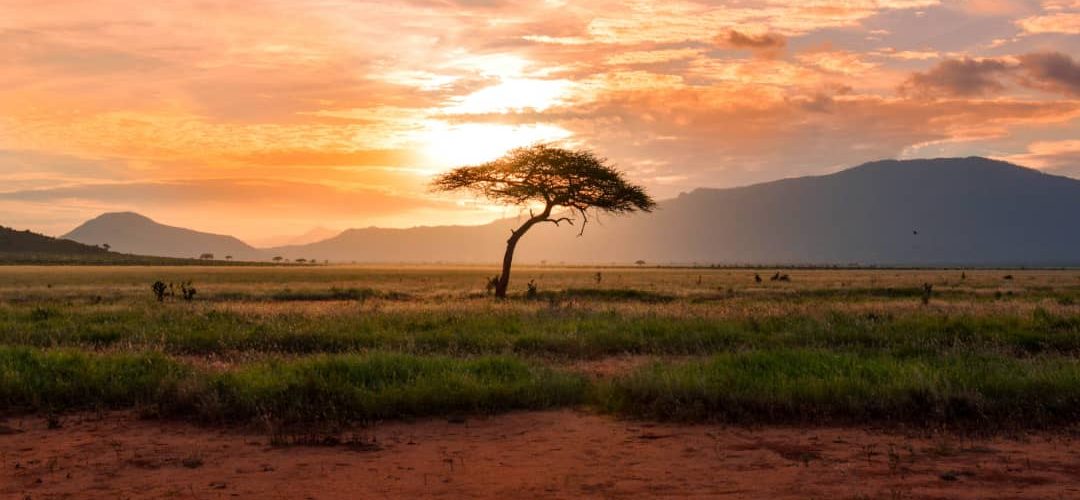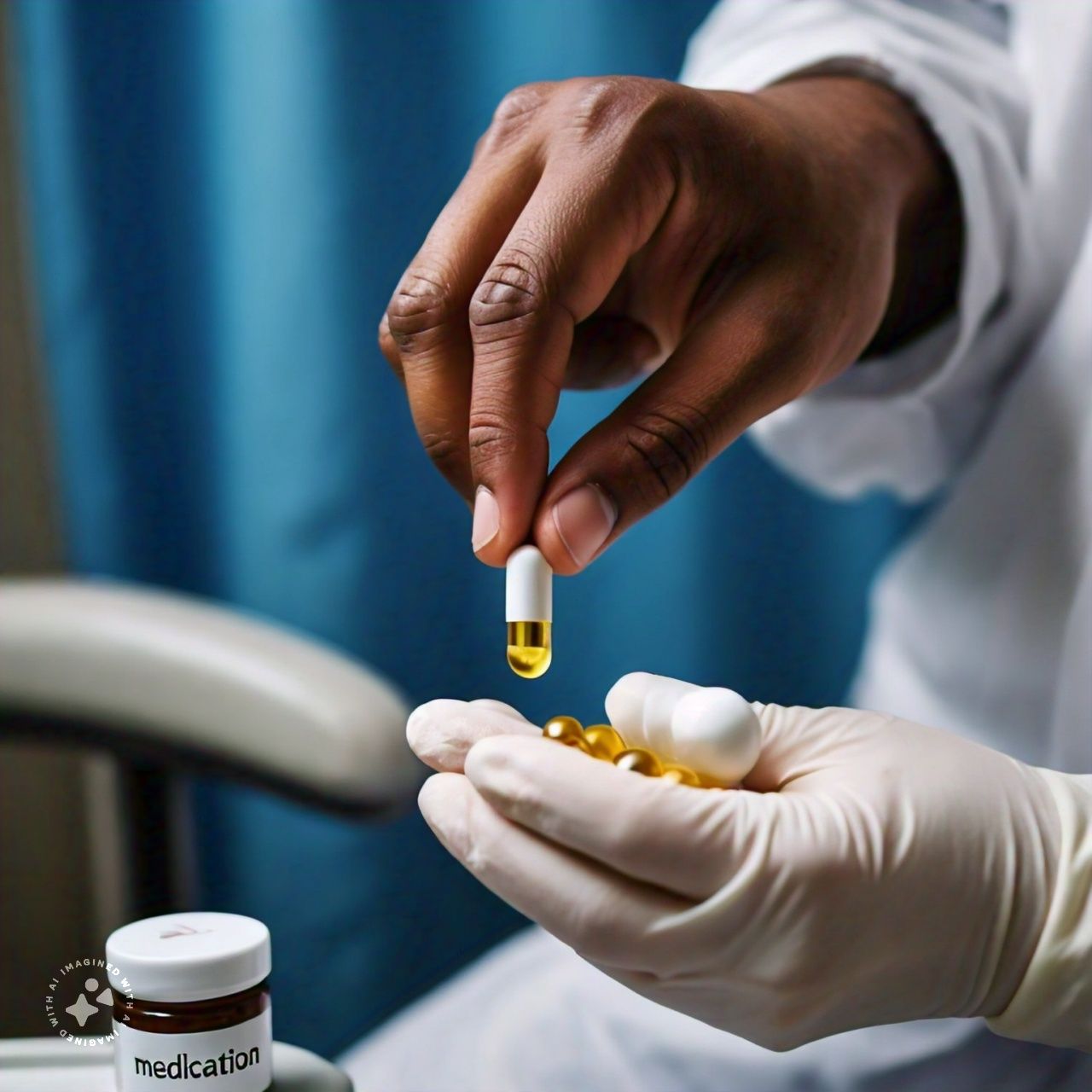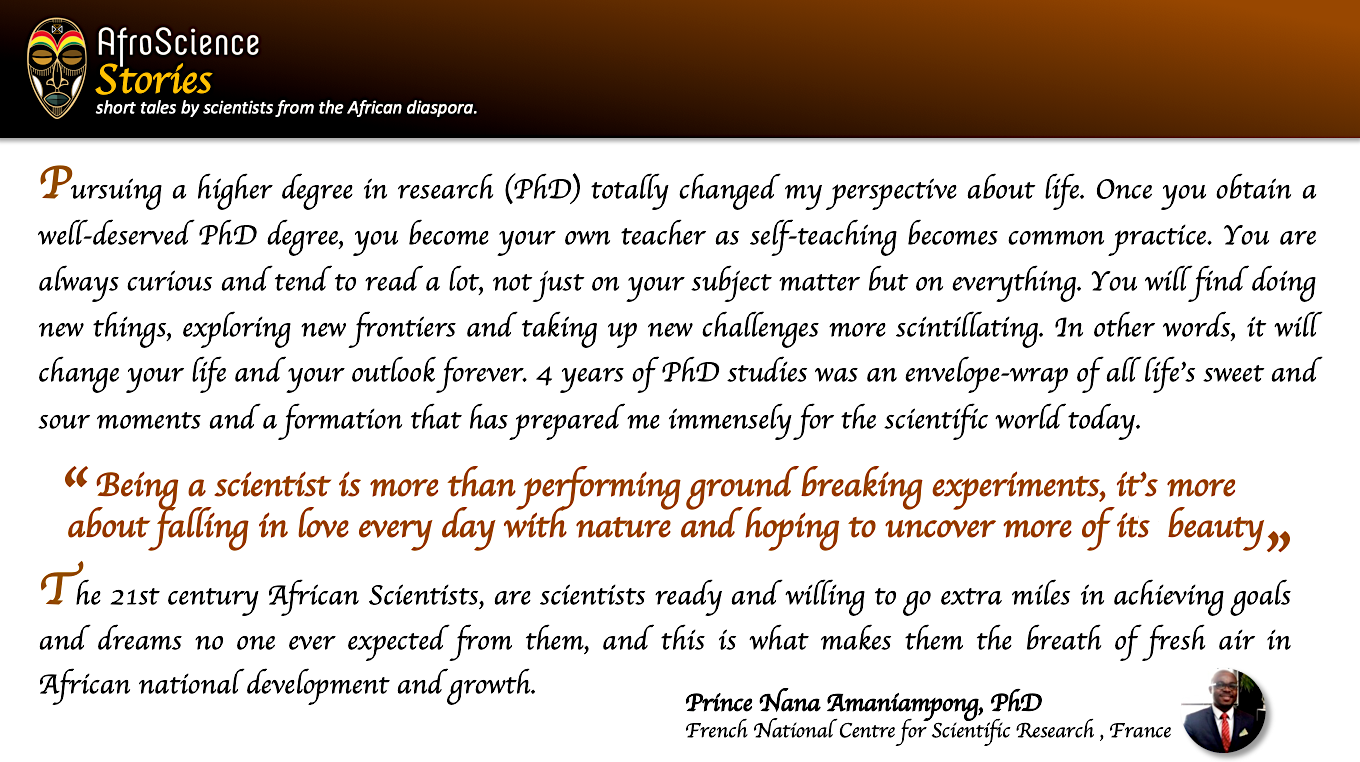The general idea of the African BioGenome Project is that it will be done by Africans, in Africa, for Africans.
Africa has always been underrepresented in global genomic sequencing projects. The famous human genome project that cost over $3 billion only had 2% representation from Africa—this is unfortunate, because Africa has the most human genetic diversity in the world. Moreso, out of the 798 plants that have been sequenced globally, only 20 of them are native to Africa.
“Lots of decisions have been made about Africa and African biodiversity without Africans themselves engaging in these conversations. This means that Africa has been losing when it comes to the actual technology that drives genomics and such things as patents and other royalties that come with genomic discoveries.” said Anne Muigai whilst speaking to SciDevNet. Anne Muigai is the co-chair of the AfricaBP and a professor of genetics at Jomo Kenyatta University of Agriculture and Technology in Kenya.
In the past five years—due to the Ebola virus and COVID-19—genomic sequencing and surveillance have grown in Africa. More institutions and research centers like ACEGID in Ede, South Western Nigeria and Center for Epidemic Response and Innovation at Stellenbosch University in South Africa have gained recognition for sequencing and surveillance. However, research is still very dependent on the support from the West. The African BioGenome Project is paving a new path and could change the future of research in Africa.
The African BioGenome Project
The African BioGenome Project (AfricaBP) aims to sequence the genomes of 105,000 endemic species of plants, animals, fungi, protists and other eukaryotes. It currently involves 109 African scientists (87 of whom work in Africa) and 22 African organizations.
According to their publication on Nature, a pilot project kicked off in June 2021. Researchers are currently sequencing 2500 species of plants and animals including the Boyle’s beaked blind snake (Rhinotyphlops boylei) from southern Africa and the red mangrove tree (Rhizophora mangle) from Nigeria.
One of the major objectives of the project is to improve the food system on the continent. More than one-quarter of Africa’s population or 346.6 million people suffer from severe food insecurity, with Central, Eastern and Western Africa being most affected. Factors like drought, climate change and insecurity continue to exacerbate the problem. By sequencing these plants and animals, experts believe that they can harness their genetic information to improve food production. Furthermore, as of 2021, statistics from the IUCN and its partners reveal that 229 mammals, 225 birds and over 4,000 plant species are critically endangered. This project will improve conservation and solve problems that can not be addressed by zoos or wildlife reserve establishments alone. Genetic information—including details on taxonomy—obtained from this project can provide more insights into indigenous animals, particularly those on the brink of extinction.
Solving Ethical Issues and Brain Drain
Interestingly, it is not only the idea behind the project that is fascinating, but the processes these scientists have outlined for it. For example, there are ethical issues around sample collection. Africa is a deeply religious society with deeply embedded cultural beliefs—having the most diverse cultures in the world. This means that several plants and animals are believed to be ‘sacred’ in various parts of the continent. The Iroko tree (Milicia excelsa), for example, is a hardwood found in some parts of Nigeria. The tree, which can live up to 500 years, is thought to be mystical and have the spirits of deities living in it. The Yoruba people of Nigeria believe that a person who cuts down the Iroko tree without offering the necessary ‘sacrifices’ could go insane. To avoid ethical issues, the researchers intend to work with local communities and scientists to get their samples. They will also be using the Nagoya protocol which can allow the foreign scientists to receive samples in exchange for knowledge.
This strategy indicates that we have the potential to build scientific research on the continent. It also shows that Africans understand best how to build their system.
Furthermore, the researchers intend to reduce the brain drain by onboarding more than 400 researchers including postdocs, Masters and PhD students. Several researchers leave the continent due to a lack of proper equipment and training. Although many scientists leave with the intention of receiving the necessary hands-on skill abroad, very few return to Africa. The project will provide training and also positions to researchers. “We want to train about 60 bioinformaticians and genomicists every year for the next decade, raise enough young African scientists who are skilled in new genomic technologies and can work within the continent, and build state-of-the-art genome technologies,” Muigai told SciDev.Net.
The project will aid the African Union Commission to achieve at least three of the development goals in the African Union Agenda 2063: The Africa We Want. The goals include using modern techniques to increase agricultural productivity, sustainable use of ocean resources to drive economic growth and development of environmentally sustainable and climate-resilient economies.
What This Means For Africa
Research in Africa is still growing—mostly in units scattered across the continent. Considering the establishment of the African Continental Free Trade Area and the AfricanBP’s objective of data sharing, we could see an unprecedented amount of tripartite (public-private-academia) collaborations across countries. This could ensure equal dissemination of research knowledge on the continent—particularly in nations with low research output.
Furthermore, it is projected that the AfricaBP will require about $100 million every year to run. This is not surprising, considering the cost of sequencing technologies. Moreso, investment in R&D will certainly drive any country’s economy forward. Although the researchers have asked for the support of the African Union, the private sector should also be encouraged to invest in this project. This will ensure effective translation of the discoveries in drug and food production—thus allowing researchers to keep their jobs and also boosting the economy.
Lastly, the African BioGenome Project is for all Africans across different sectors. The Art and Culture sector could benefit from the wealth of information amassed from this project—more information on plants and animals can boost tourism.
The framework of this project offers sustainable change to the continent. The African BioGenome Project is an opportunity for African communities to unite and build research together.
Conflict Of Interest
The views and opinions expressed in this article are those of the author, and they do not purport to reflect the policies, opinions, or views of the AfroScience Network platform.
Disclaimer
This article has not been submitted, published or featured in any formal publications, including books, journals, newspapers, magazines or websites.
Be the first to comment
Please login to comment










